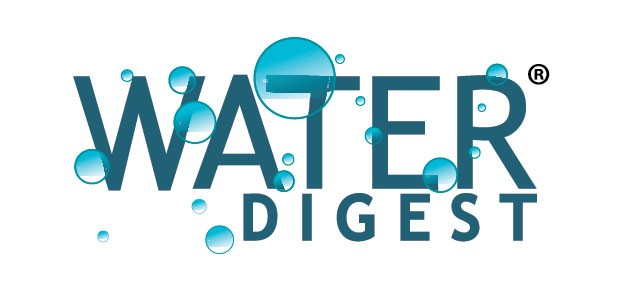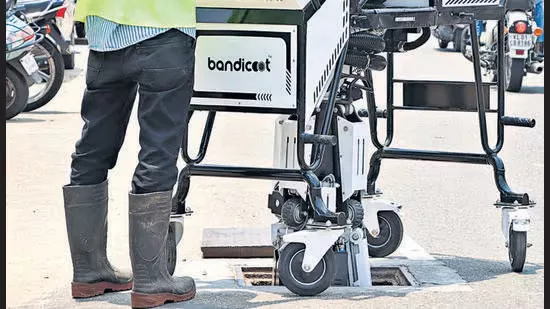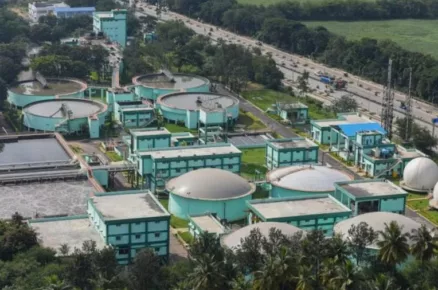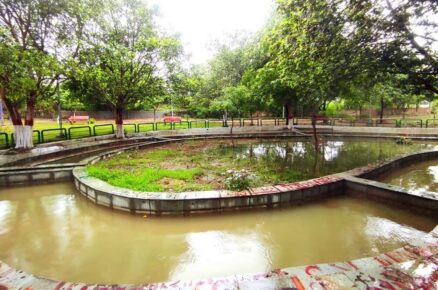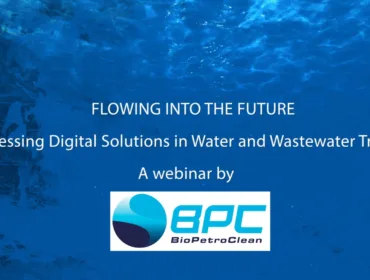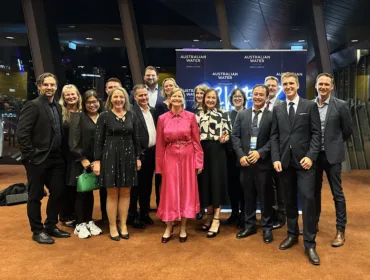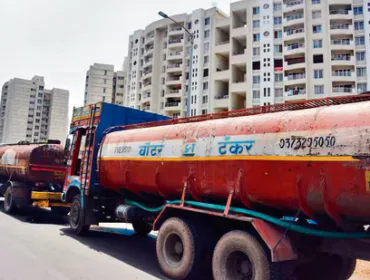An increasing number of Indian cities are turning to artificial intelligence (AI)-powered robots to tackle many water and sanitation-related challenges, ranging from cleaning manholes and inspecting sprawling underground water pipeline networks for leaks to cleaning water bodies.
Some of these cities are Nagpur, Mumbai, Chennai and Shillong. Start-ups led by young engineers are at the forefront of developing these cutting-edge robotic solutions.
In Nagpur, the corporation has deployed three Bandicoot robots in the past 11 months, which have cleaned about 9,000 drainage chambers. Bandicoot, a robot developed by Genrobotics, a Kerala-based award-winning start-up, harnesses the power of AI to clean manholes, eliminating the need for sanitation workers to expose themselves to highly hazardous environments. The robot is equipped with human-like arms and a range of gas sensors to identify and assess sewage conditions inside drainage chambers.
According to Vimal Govind, co-founder, and CEO, of Genrobotics, Trivandrum was the first city to deploy our robots four years ago. Today, from Leh to Trivandrum, our robots are cleaning manholes in 200 cities across the country. Until a few years back, it was a challenge to convince authorities, but they became receptive post Covid-19 when cities confronted a severe crisis.
Robots are being deployed not just for cleaning manholes. The Chennai Metropolitan Water Supply and Sewerage Board (CMWSSB) has deployed them to address leakage issues within its aging water distribution network
Endobot, an AI-powered robot, solved the problem. It crawled inside the water pipelines in the area and helped identify contamination points, cracks, leaks, encrustations, and broken pipe walls.
“The data collected was processed and mapped using Swasth, our GIS-based platform, which provided a comprehensive understanding of the pipeline network’s condition. The findings revealed that there were many damaged pipelines throughout the network, with an average of 1 defect every 6 meters,” said Moinak Banerjee, co-founder, Solinas Integrity, an IIT Madras incubated climate-tech start-up.
AI-powered robots can measure water flow, pressure, nature of leakage, and inclination of underground pipes. They eliminate the need to dig up roads, and repetitive inspections, helping reduce the cost of identifying the pipeline’s condition and corrective actions to improve the water distribution network’s efficiency.
Most tier-1 cities have about 3,000 to 4,000km of wastewater pipelines, and some, like Delhi, have about 8000km of pipeline. “But 80% of the wastewater that leaves our homes and offices goes untreated, directly into water bodies or groundwater reserves, and it is largely because the pipeline network is highly underutilised due to leakages, with only 40 percentage of the sewage reaching the treatment plant,” Asim Bhalero, the co-founder of Fluid Robotics.
Bhalero’s company collaborated with the Brihanmumbai Municipal Corporation (BMC) to clean up Powai Lake. “Our robot equipped with AI-enabled cameras, ultrasound sensors, and lasers not only inspects pipelines for damage, such as cracks or faulty joints but also maps the entire pipeline network. We used this data to help BMC to intercept and redirect wastewater away from the lake,” he said.
Clearbot is another start-up addressing the critical issue of water pollution. The eponymous robotic boat it has developed collects floating trash and removes hyacinths from water bodies. It has been deployed on a pilot basis in cities such as Shillong, Varanasi, and Bangalore. In Bangalore, for instance, it is currently deployed in the Jigani Industrial Area to clean the floating trash from the local lake. “In August, we conducted a pilot project in Shillong, clearing approximately 250 kg of trash from Umiam Lake in just three hours,” said Sidhant Gupta, co-founder, Clearbot.
The robotic boat takes a simple instruction — “go clean” — to initiate its process. It can detect various types of trash, avoid collisions with other boats, recharge itself using solar power, and even park autonomously. Moreover, it can transmit valuable data remotely, providing insights into the quantity and nature of the trash.
According to Gupta, currently, Clearbot can collect approximately 80kg of trash in one hour. But we are about to launch a new version capable of collecting up to 200kg of trash per hour.
Technological advances in robotics for smart cities have now inspired an entire field of research called Robot-City Interaction (RCI), where the integration of robots in urban ecosystems and how they can improve life is a major field of study.
Source & image courtesy: https://www.hindustantimes.com
